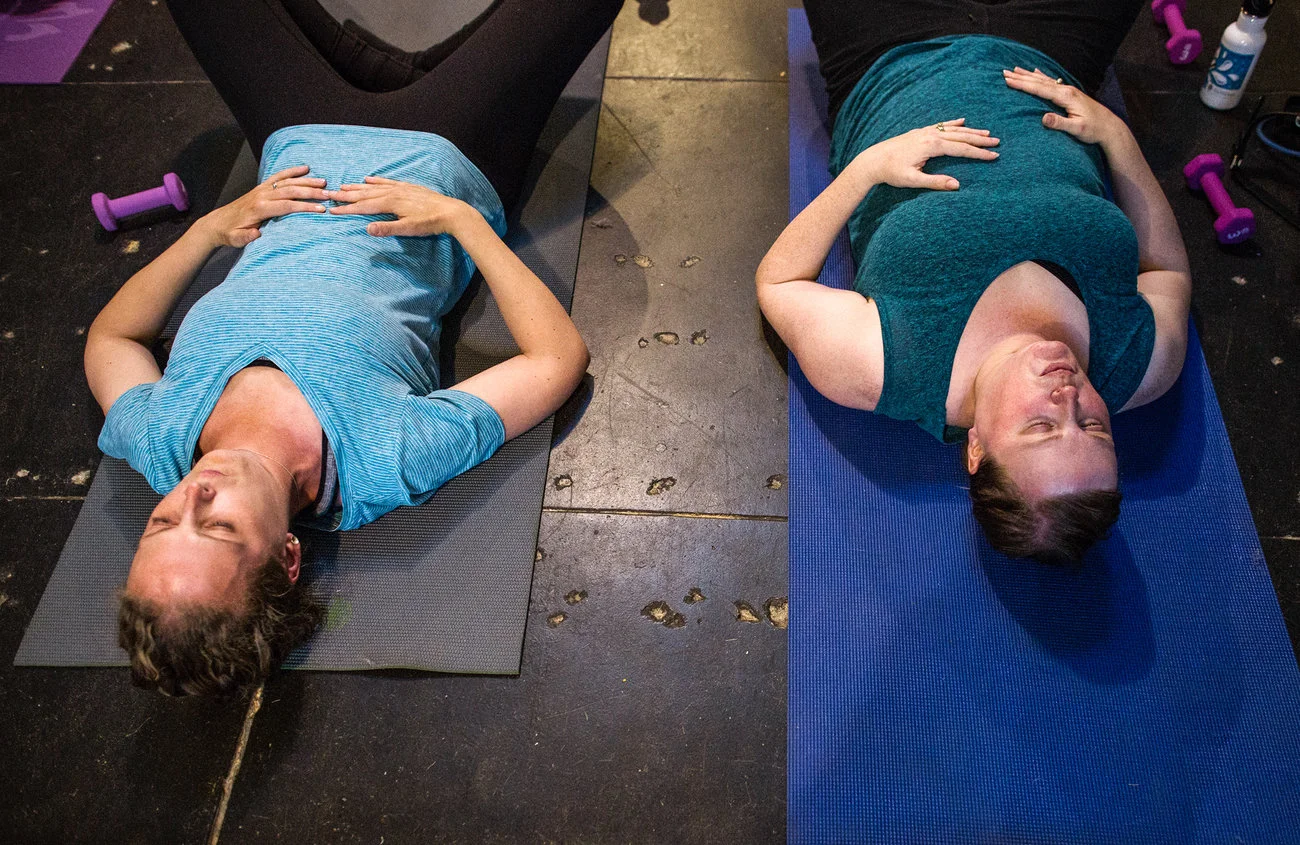Closing out 2023 and entering what will hopefully be a snowy winter is a perfect time to reflect and think about the final element in Traditional Chinese Medicine, Water. It is almost impossible to reflect on 2023 in Maine without thinking about water. What a wet year!
Sustainable Farming, Sustaining Yourself
 With a rich agricultural history like Maine’s, it shouldn’t be a surprise that lots of our own farms are leading the way when it comes to re-integrating sustainable farming techniques and moving away from the harmful model of modern agribusinesses.
With a rich agricultural history like Maine’s, it shouldn’t be a surprise that lots of our own farms are leading the way when it comes to re-integrating sustainable farming techniques and moving away from the harmful model of modern agribusinesses.
Weston’s Farm and Markets is a Maine-based farm that has been sustainable since 1799! Their practices are a reflection of how stewardship for the earth naturally translates to healthier bodies and better quality of life for the people who live off it. Weston serves as a retailer for Peppermint Fields, a farm that specializes in raising premium all-natural angus beef.
Their practices include:
- No antibiotics in feed for livestock, only the best whole grains.
- No steroids, or growth hormones. Animals are allowed to develop naturally.
- No artificial ingredients.
- Lots of room for livestock to roam and graze. Animals are pasture grown & "grain-finished."
- Daily exercise for animals, with covered and open areas.
- Animals are treated with care and respect.
Get Real Maine is a terrific resource for finding other Farms in Maine that follow Weston Market’s model of responsible farming. You can search by county or city, or even find the best livestock that’s nearest your zip code. You can search for a variety of livestock and fowl, including chickens, beef, hogs, goats fish/seafood. You can check the ‘certified organic’ box before you search to make sure you turn up the healthiest and freshest food options.
 Eating out? Why not try one of Jade Integrated Health’s favorite restaurants, El Rayo Taqueria. They use local produce whenever possible and order over 200 pounds of sustainably raised pollock a week to make their famous fish tacos. You can check out their menu, including lots of helpful nutritional information, on their website.
Eating out? Why not try one of Jade Integrated Health’s favorite restaurants, El Rayo Taqueria. They use local produce whenever possible and order over 200 pounds of sustainably raised pollock a week to make their famous fish tacos. You can check out their menu, including lots of helpful nutritional information, on their website.
Have any suggestions on delicious, sustainable, healthy food? We want to hear from you! Share your best tips on our Facebook page or Tweet us with your fresh food ideas.
Taking Stock of the Problem
 What are some of the effects that factory farming techniques can have on our health? The website Factory Farm map has a terrific break down of some of the ways we’re hurt by agribusiness every day. It also has some great tools to help you easily visualize areas in Maine where practices are the worst.
What are some of the effects that factory farming techniques can have on our health? The website Factory Farm map has a terrific break down of some of the ways we’re hurt by agribusiness every day. It also has some great tools to help you easily visualize areas in Maine where practices are the worst.
With a corporate, profit-driven model for raising livestock, you can expect the consequences to be negative for both the environment and our bodies.
- With a focus on mass production of livestock, farms are creating an unmanageable amount of waste that goes untreated. Noxious manure can sit in large lagoons for long periods of time before being spread back onto fields as fertilizer. Some of it seeps its way into our water systems.
- Grazing is also a big issue. With so many animals to feed, green areas are rapidly consumed. Without a focus on keeping land fertile and full of nutrients, good soil can become useless and farming land becomes barren.
 - Living conditions for animals aren’t just inhumane, they also breed disease. It’s hard to imagine that some of the animals we consume hardly ever see the light of day. With so many animals in close contact, disease is more easily spread through livestock. Remember the swine flu pandemic?
- Living conditions for animals aren’t just inhumane, they also breed disease. It’s hard to imagine that some of the animals we consume hardly ever see the light of day. With so many animals in close contact, disease is more easily spread through livestock. Remember the swine flu pandemic?
- Our treatment of animals is also creating resistance to antibiotics in ourselves. Through our exposure to antibiotics in the livestock we consume, we’re killing off weaker bacteria and allowing superbugs to thrive and reproduce.
Reduce, Reuse and Recycle
Doing Our Part


- Using washable linens on our treatment tables versus paper liners.

- Hand washing and drying with washable washcloths instead of paper towels.
- Eliminating chemicals in the water supply by working with environmentally safe cleaners and laundry detergents.
- Lowering energy and water consumption with a front end loading washer and dryer.
- Building with reclaimed materials. Our new service counter and other shelving were made from rehabilitated wood purchased at the ReStore.
- Reusable glassware and bottles at our water cooler instead of paper cups.
- Minimizing waste by using both sides of printer paper.
- Recycling of all paper, plastic and glass waste produced at our facilities.
- Acupuncture as a treatment modality has a minimum of medical waste, reducing both pharmaceutical use and traditional surgical and medical interventions.
If you or your employers are equally enthusiastic and want to be in touch with other like minded businesses, we suggest visiting Maine Businesses for Sustainability. They provide Maine businesses an opportunity to learn about sustainability, network with other businesses, and find innovative ways to grow. We hope you'll join us as we move Maine forward on the path towards sustainable economic development!





